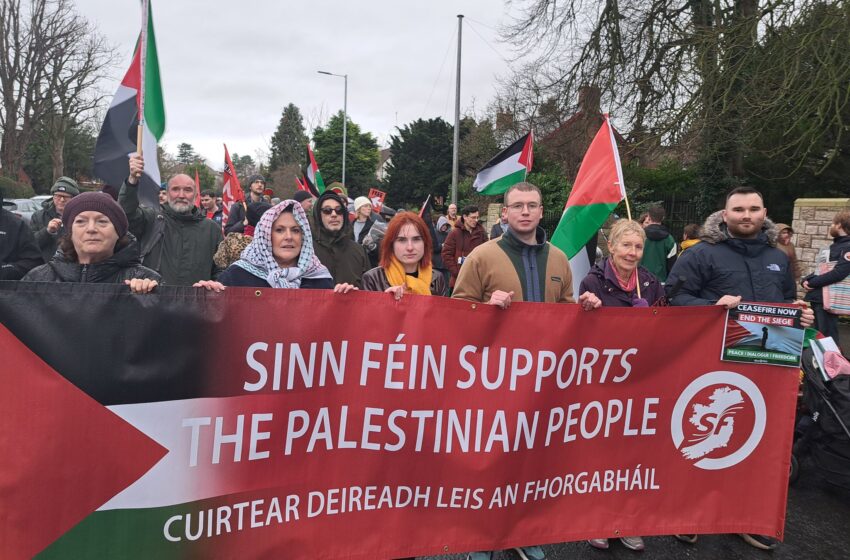
How Media Coverage Uses Language to Dehumanize Palestinians
As media coverage continues on Palestine and Israel, the difference in the language used when discussing Palestine versus Israel is blatantly obvious and rooted in racism and Islamophobia. This is not a new concept as media and society in the West have a pattern of painting those who are often “othered” in a villainous light. Eurocentrism contributes to this phenomenon and we are seeing a resurfacing in the media when discussions on Palestine and Israel occur. It leads to the dehumanization of those suffering at the hands of a dominant group. It is problematic and genocidal, point-blank.
There is an abundance of dehumanizing language that has been used within media coverage in light of recent events specifically regarding Hamas, Palestine, and Israel. Much of the image that the media shares about Palestinians is also related to Israeli propaganda, in addition to the common perspective regarding the Middle East held by the West. The media’s failure to acknowledge the differentiation between Palestinians and terrorists further advances the rhetoric of dehumanizing Palestinians in the name of war and Western supremacy.
Saint Levant is a Palestinian/French/Algerian/Serbian artist based in California who has been using his platform to speak out against the genocide of Palestinians. Saint Levant touches on the language used to describe Palestinians and connects it to the history behind the land of Palestine and how it got into the grip of settler colonialism. In his TikTok, he explains why Palestinians are being called “savage”, “barbaric”, and more since Oct. 7. Saint Levant’s TikTok post in October touches on the rhetoric commonly utilized and shared among the Western world in regard to the Middle East.
The word choice of “riot” has a much different connotation than the term “protest,” which further perpetuates harsh negative stereotypes about people of color.
The negative stereotypes associated with having a Middle Eastern identity are actively being used to dehumanize Palestinians amidst a war that is seemingly one-sided. Civilians in Gaza are being reduced to rubble on a daily basis yet the headlines consistently deemed that they must pay the price for terrorists.
Another example of the language surrounding news related to Palestine and Israel is from an event that took place in late November in New York City. Students at a public school in Queens showcased outrage in regard to a teacher who attended a pro-Israel rally and the headlines considered it a riot instead of what it really was, a protest. Coverage of this incident on platforms such as The New York Times addressed the matter as a protest while other platforms such as New York Post, Fox, and Jerusalem Post considered the incident a riot and painted the students protesting as violent. The word choice of “riot” has a much different connotation than the term “protest,” which further perpetuates harsh negative stereotypes about people of color. The West has a certain track record of this, as similar rhetoric was prevalent in discussions regarding Black Lives Matter in the United States.
With war, there is always a side that’s dehumanized and, sometimes, beyond repair. Pay attention to the information you’re consuming and take a moment to question its source. Words hold power and language matters.



